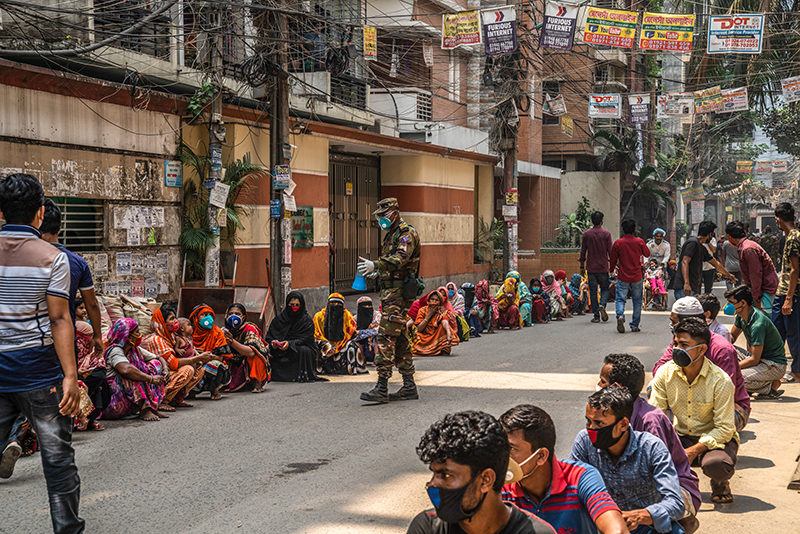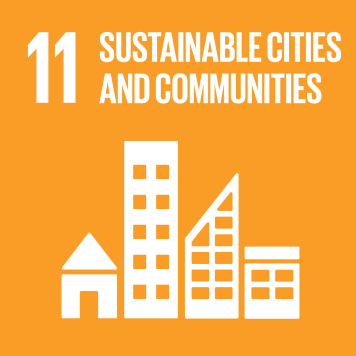Disaster Risk Reduction: Assessing Risks and Enhancing Resilience

Course objective:
As Covid-19 has shown, disasters can wipe out decades of socio-economic progress. Globally, they have the potential to exacerbate economic and social fragility, and pose a major threat to achievement of the Agenda 2030. Disaster Risk Reduction (DRR) is a systematic approach aimed at preventing new, reducing existing and managing residual risk. The course will introduce the risk landscape developing countries face, present DRR concepts and use instructive case studies on integrating DRR into projects. Participants will learn how to systematically assess risks and vulnerabilities, as well as how to enhance resilience in communities by applying specific tools across different thematic sectors.
It is an advantage to have attended the course Climate Change and Development prior to this course.
Key topics:
- Knowledge of risks: Understanding risks associated with climate change, environmental degradation and natural hazards
- Social dimensions of risk: Understanding vulnerability, hazard, exposure and capacities as major components of disaster risk
- Approaches to disaster risk reduction: From prevention and mitigation through ecosystem-based DRR, to preparedness for response through anticipatory action and risk transfers
- Building resilience: Understanding resilience in relation to disaster risks in development projects and programmes
- Mainstreaming: Practical examples of integrated approaches to DRR in humanitarian and development projects
- Tools and methodologies for applying a DRR-lens to projects or programmes
ECTS points: 2
